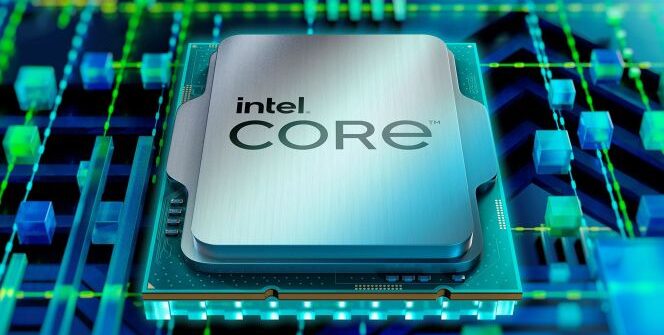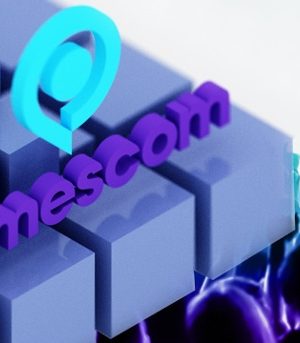Intel plans to invest in different European countries to produce new high-performance chips.
Next-gen consoles, such as PS5 or Xbox X|S Series, are currently suffering from shortages. Still, the lack of stock of graphics cards or even mobile phones has a common denominator: the shortage of semiconductors essential for shaping the chips of all these technological products. Besides that, in the last few weeks, the ongoing conflict in Europe has led experts to predict that the war in Ukraine will affect global chip production, further increasing shortages.
However, there is good news as well. Intel came up with a solution to combat the shortage, which has been going on for several years. They launched an ambitious expansion plan in the European Union with an investment of up to 80 billion euros to create “a next-generation European chip ecosystem”.
The project will have an initial investment of more than €33 billion in semiconductor manufacturing R&D, with a “state-of-the-art mega-factory” in Germany to manufacture semiconductors, and a research and design centre in France, and various “investments in R&D, manufacturing, foundry services and back-end production in Ireland, Spain, Poland and Italy”. The project is to be rolled out over the next decade.
“We are committed to playing a key role in shaping Europe’s digital future for decades to come,” said Intel CEO Pat Gelsinger, talking about the new Chips Act, which aims to boost Europe’s role in the semiconductor industry by bringing together private companies and governments. However, it’s not likely that the plan will have visible outcomes in the next few years.
The plan’s initial phase calls for the construction of two “first-of-a-kind” semiconductor fabs in the German city of Magdeburg in the first half of 2023, intending to start production in 2027. The new factories are expected to produce chips with the most advanced transistor technologies of Intel’s Angstrom era.
Intel is also committed to the green transition and says it will contribute to the European Green Pact:
“More efficient chips can reduce the power consumption of the next wave of digital hardware while driving HPC and AI solutions,” — the company said in a press release.
“In line with EU climate goals, Intel is determined to achieve its 2030 sustainability goals, which include achieving net positive water use through water conservation, recycling and reclamation, and funding local water projects that restore more freshwater than the consumed amount. In addition, Intel will power its global manufacturing operations with 100% renewable energy to achieve zero total waste to landfill.”
Source: The Verge
















Leave a Reply